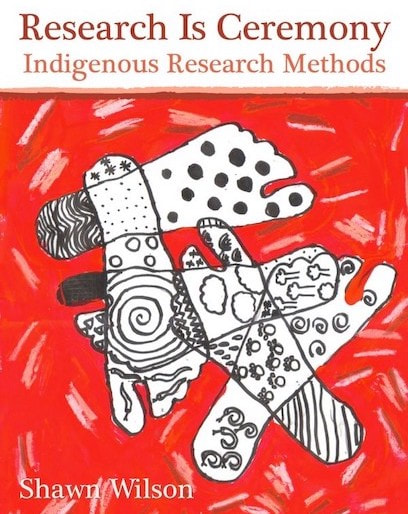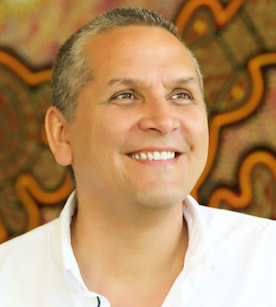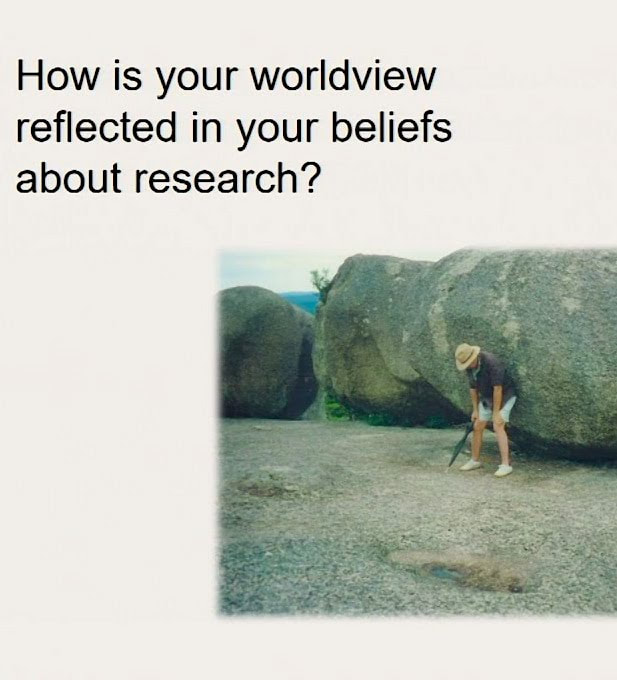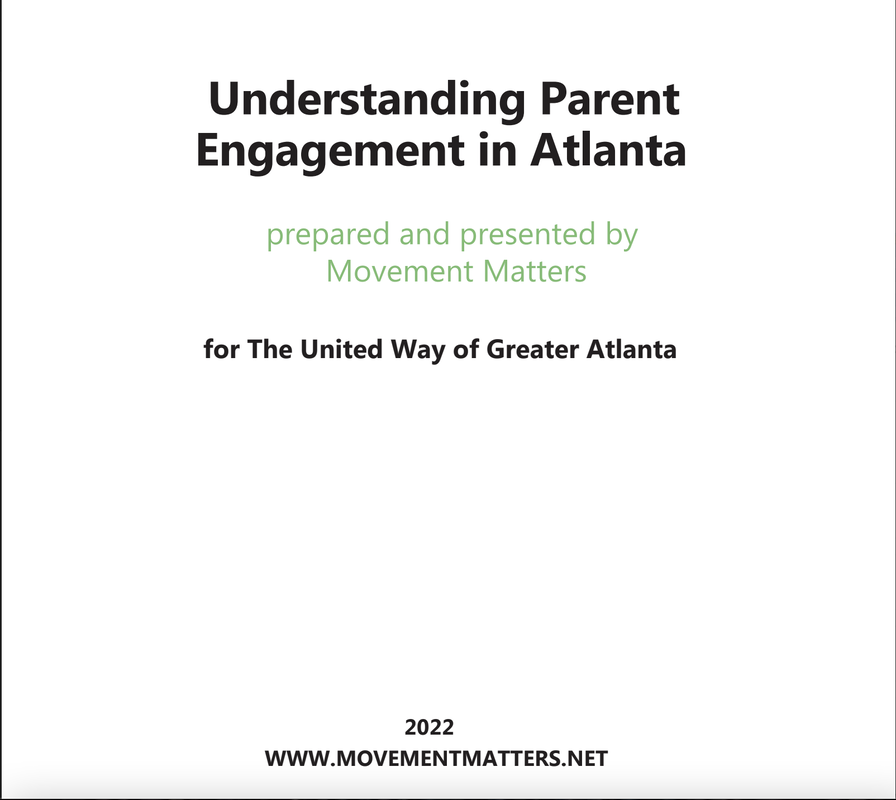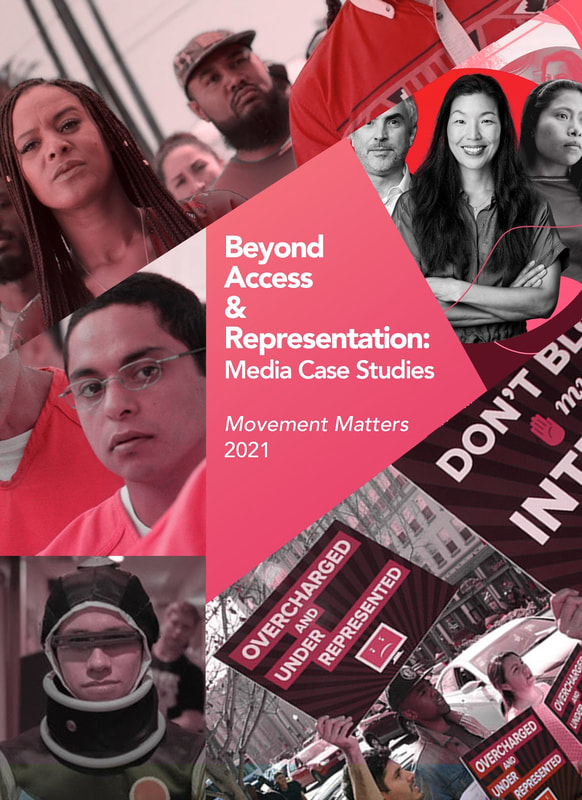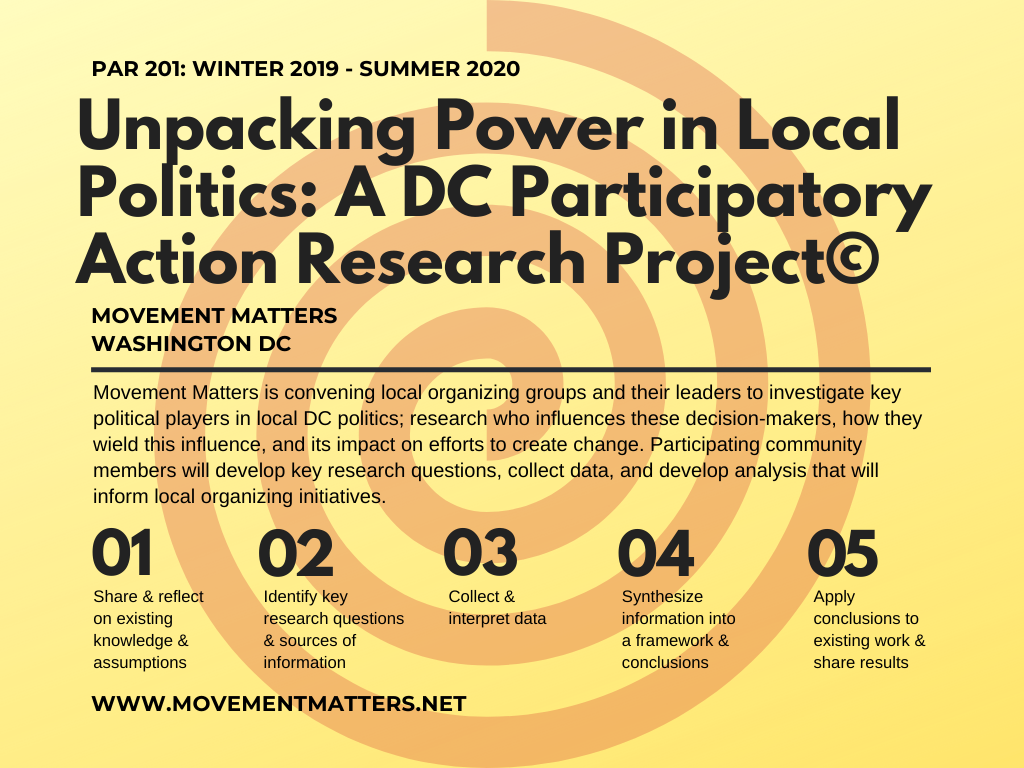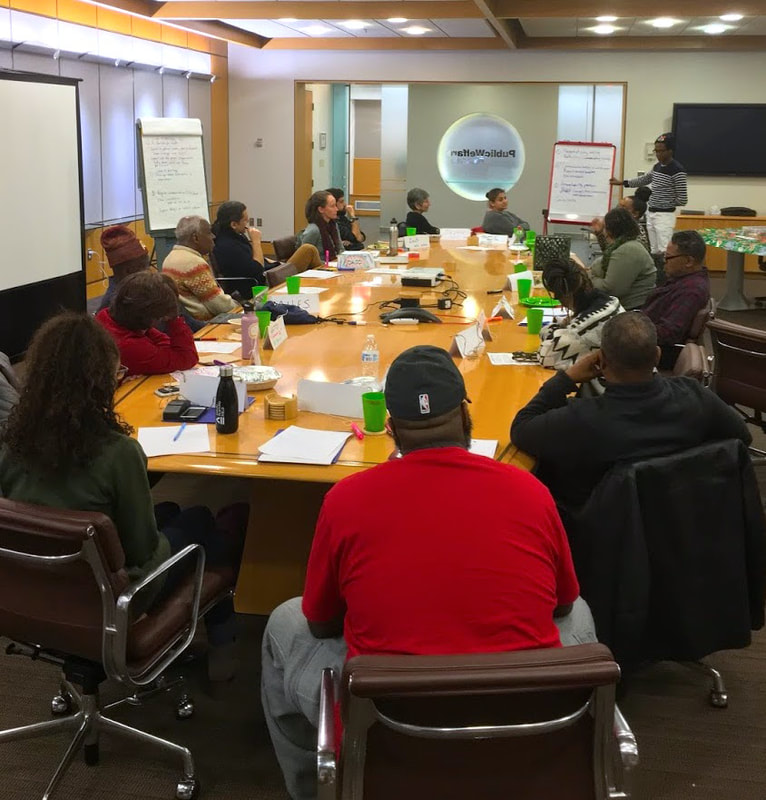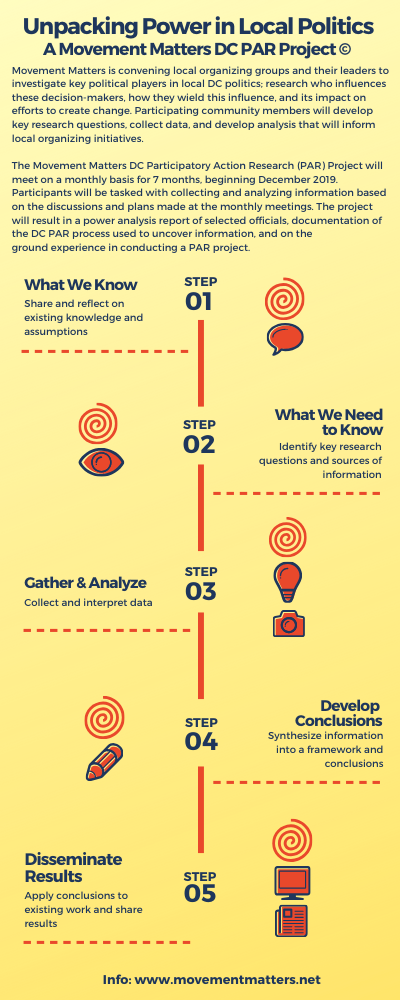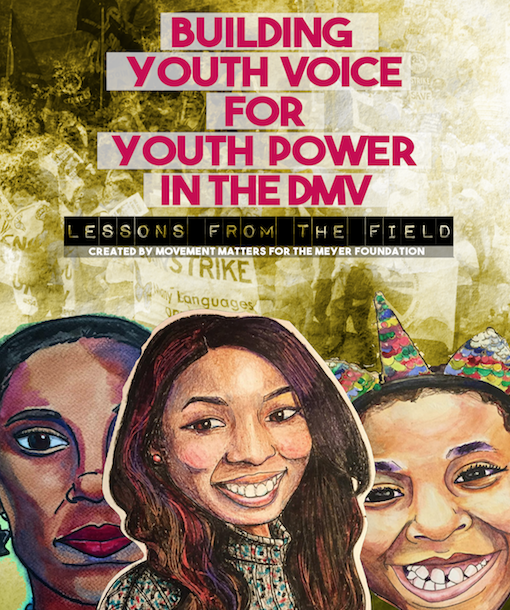|
Research is an important part of community organizing. It helps us learn more deeply about the issues at hand and launch better and more strategic campaigns. When done correctly, it can also be a tool for community building and member engagement. However, research has a lot of negative associations in our communities, and for good reason. Traditional research has done extensive harm, including treating people as subjects instead of the experts in their own lives. In his book, “Research Is Ceremony: Indigenous Research Methods”, Dr. Shawn Wilson tells the story of another way to do research, one that honors relationships and holds us accountable to one another, to more-than-humans, and to the spirit world. He weaves together his tradition of oral storytelling with his journey as an Indigenous scholar to carve out the uniqueness of Indigenous research methods. We at Movement Matters found this perspective to be incredibly helpful as we work with organizations and communities to navigate member-led research processes and as we have helped the Indigenous Environmental Network develop popular education curricula for their Indigenous Just Transition framework. Dr. Wilson’s recognition of the need to contextualize understanding within relationships and conditions, to center the role of oral storytelling as a means of holding and transferring knowledge, and to acknowledge the dangers and opportunities of existing in “transitional spaces” between two worlds, are all important paradigms to integrate into community process.
Dr. Wilson also highlights the role of ceremony and ritual to help people “step beyond the everyday”. This transformation of purpose and unity of focus can also connect to the process of understanding the issues we face in our communities. Even for non-Indigenous communities, the integration of ritual and culture can break community members free from dominant paradigms and allow for new insights and understanding to emerge. This book can help organizers think about the ways in which their work on the ground can lead to collectively held knowledge. Dr. Wilson’s own journey is a reminder to honor the ways that our life experiences, our intuition, and our relationships are all elements of how we learn and build our collective knowledge. His words are also a “setting of the stage” to take action and create change around us for the sake of our communities and the relationships we hold. To read more about Dr. Shawn Wilson Watch Dr. Wilson lead a presentation about "Research Is Ceremony" (ceremony focus) Watch Dr. Wilson lead a presentation about "Research Is Ceremony" (research focus) Georgia is one of the hotbeds of organized far-right white supremacist activity, especially in the realm of public education, mobilizing parents behind the “anti-CRT” and “don’t say gay” agenda. Organizing Black, Brown, and allied parents in response to such a stark threat is both critical and deeply challenging. We are honored by the stories that groups shared with us of their work to engage parents to bring racial equity to school systems, build deeper parent relationships, address systemic poverty, and fight back against the growing strength of the far-right. “Understanding Parent Engagement in Atlanta" was commissioned by the United Way of Greater Atlanta in the hopes that a better understanding of parent engagement and organizing will help grassroots groups and philanthropy better support its development. We look forward to continued partnerships to support the building of true parent voice. For more information on our research approach or to access our other reports visit our Action Research and Reports webpage. Connect with us if you have any questions.
How would the shows we watch be different if writer's rooms included our community leaders and organizational members? And how would that change the way we understand the world? Cultural workers, youth media organizations, filmmakers, public media advocates and organizers have all put in so much work for us to reach this golden age of QT-BIPOC film production, where access and representation are central tenets of equity in entertainment. Even as we celebrate, many of us hear the cautionary voices of our political elders telling us, “we have been here before!” And still many others hear, “there are still so many other ways and so much more we can attain!” These case studies provide but a fractal of the path that lies beyond access and representation; they point to radical institutional and systemic transformation, not just surface level change. To ensure our stories are as powerful as our vision for liberation, we must also center conversations around ownership, power, class, and the right to creative experimentation. Key lessons include:
Beyond Access & Representation showcases case studies that stretch all aspects of the production process to go beyond access and representation in dominant media and create our own pathways and platforms.
For more information on our research approach or to access our other reports visit our Action Research and Reports webpage. Connect with us if you have any questions. Movement Matters is convening six local organizing groups and their community leaders to investigate key players in local DC politics; research who influences these decision-makers, how they wield this influence, and its impact on efforts to create change. In our engagement with local organizers over the last year, two key themes emerged: We all still struggle with a sophisticated understanding of what moves local decision-makers. This is especially true on the Executive/Mayoral side. Our political analysis is limited when it comes to understanding who has influence over our elected officials, why, and how they wield it. This limitation hinders our ability to alter power dynamics in the long term. Groups would like more opportunities, knowledge, and skills in involving community members in Participatory Action Research (PAR) to make sure that our campaigns are grounded in solid information that is driven by the real life experiences of our members. In an effort to address both of these themes, we have developed Movement Matters' newest initiative, Unpacking Power in Local Politics: A Participatory Action Research Project. PAR Project Outline
The project will result in a report that will provide a power analysis of selected officials, with recommendations on how the data and findings can inform future campaigns. MM will also document the PAR process the group used to uncover information, and share it as a roadmap for future Participatory Action Research efforts by local organizations. Lastly, the project will also provide on the ground experience for community members and staff in conducting a local PAR process. For more information on our Participatory Action Research (PAR) approach and projects
visit our Action Research and Reports webpage or connect with us. Movement Matters is based in Washington, DC. We work regionally with various communities and with national partners. Movement Matters is pleased to announce our latest report, Building Youth Voice for Youth Power in the DMV: Lessons from the Field. Building Youth Voice for Youth Power in the DMV informs the growth of youth voice and youth power work in the region and also has lessons for the field that extend beyond the DMV. The report offers a framework for youth work that helps clarify the distinction between approaches while also identifying how these approaches can be networked together as an ecosystem to support the development of youth power. We thank the Eugene and Agnes E. Meyer Foundation for their ongoing efforts to change the way philanthropy is supporting work on the ground and for commissioning this report. We sincerely appreciate the time, trust, and recommendations provided by the groups we interviewed as well as their commitment to youth work in the DMV. With the support of the Eugene and Agnes E. Meyer Foundation, Movement Matters will also be leading action-oriented conversations (Autumn 2019) around strengthening and deepening youth voice, youth work, and youth power in northern Virginia and regionally. For more information on our research approach or to access our other reports, visit our Action Research and Reports webpage. Connect with us if you have any questions.
Movement Matters is based in Washington, DC. We work regionally with various communities and with national partners. |
AuthorsMOVEMENT MATTERS Archives
October 2023
Categories
All
|
